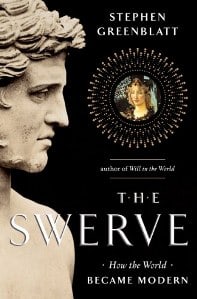A brief look into the earlier Church, its treatment of outsiders of the faith, and Jews.
If anyone begins to read ecclesiastical writings with keen interest, it will be inevitable that one has to struggle with the antisemitic remarks in ancient Christian literature. As the researcher looks further into the issue, one finds a problematic and complex genre that requires untangling.
Table of Contents
Antisemitism was a small part of a much larger problem. This fervor was not directly a problem with Jews but anyone or anything outside the Christian realm. The Church viewed anyone outside of the Christian community as less-than-human. One of the more obvious discriminatory references in ancient Christian literature and regular Greek ones was against the Scythians (ancient Russian people). Christianity’s political and military aspirations in some epochs sought to annihilate any person or population that did not embrace its message. They sometimes spared Jews due to their theological history. Although they often were exempted from the sword, they were second-class citizens.
At least they could tell their story of oppression. The many other pagans and whole unclassified communities who refused to convert have stories that will permanently remain unknown.
The narrative explained above is the dark side of our Christian heritage that forces any Christian theologian or leader to grapple with at some juncture.


